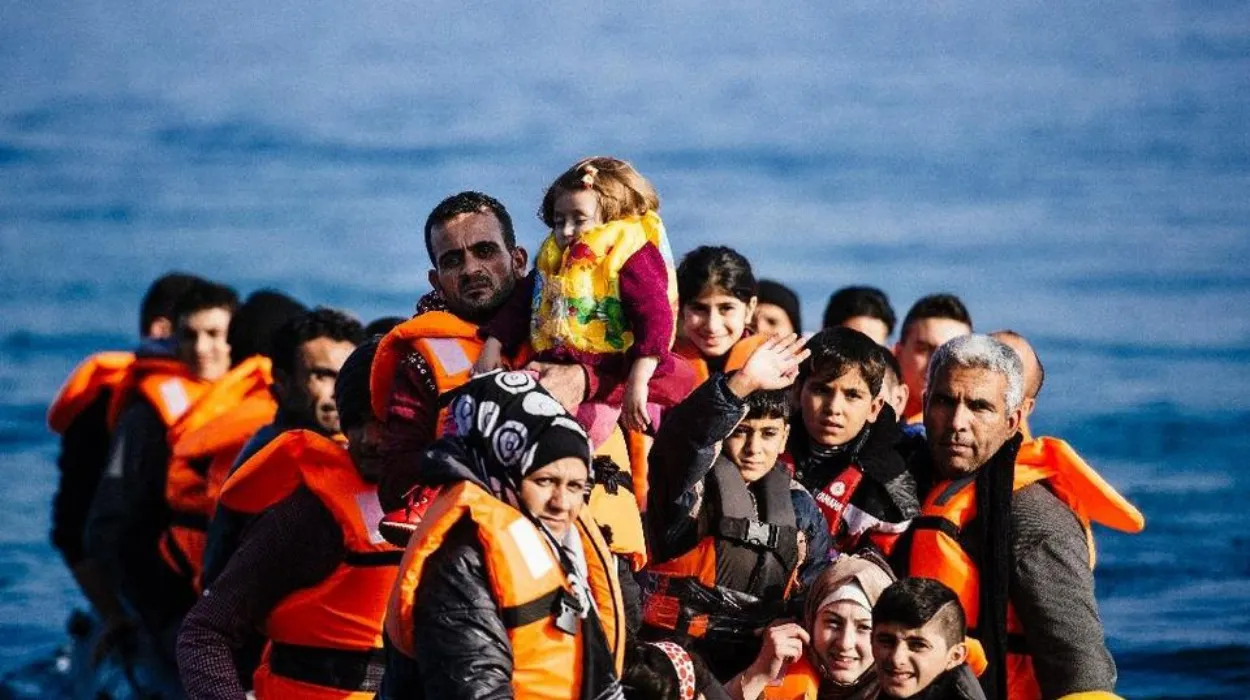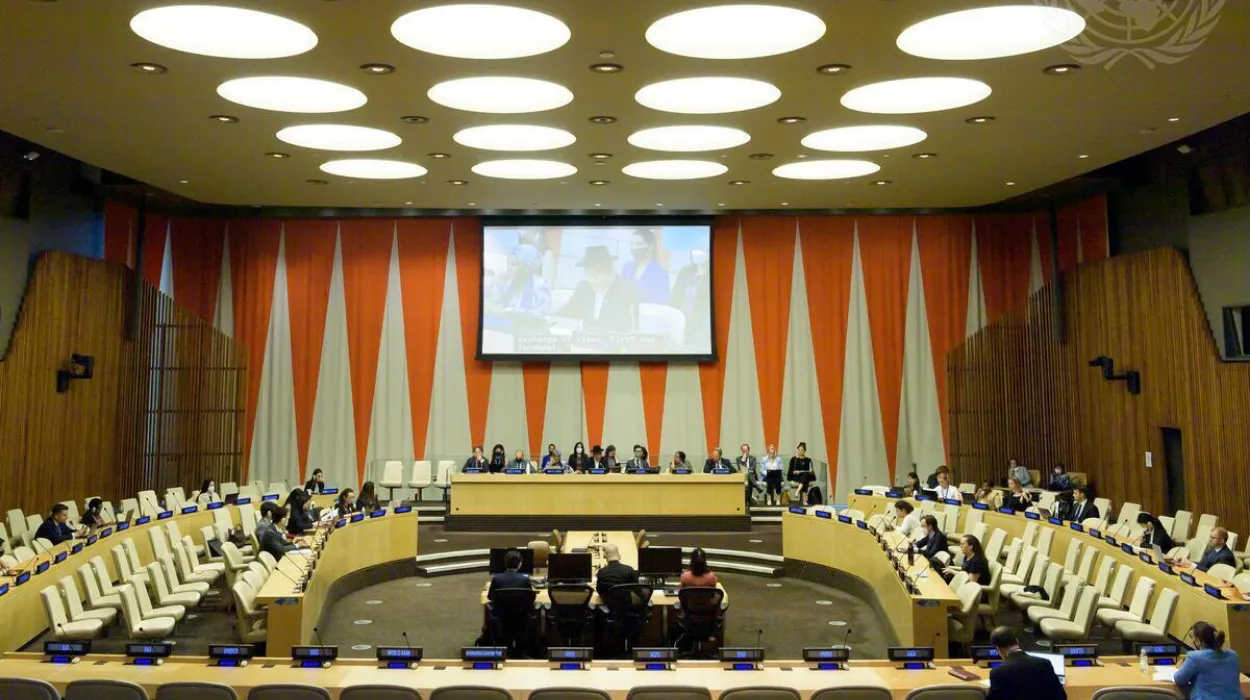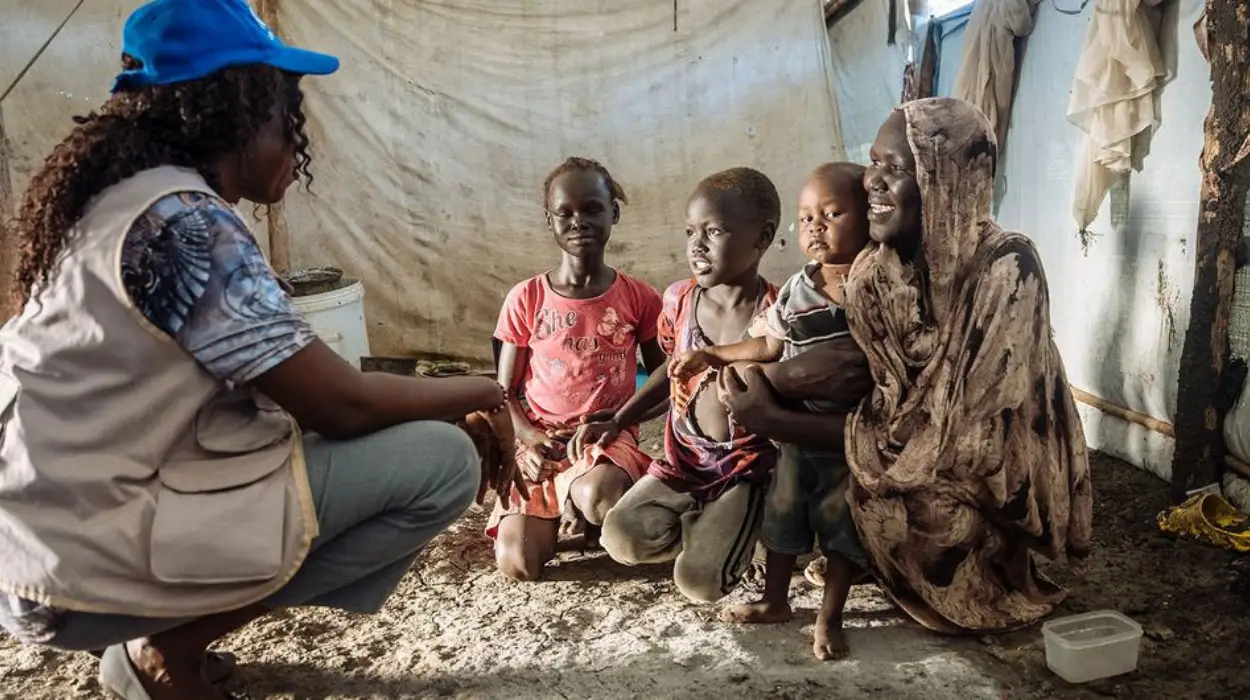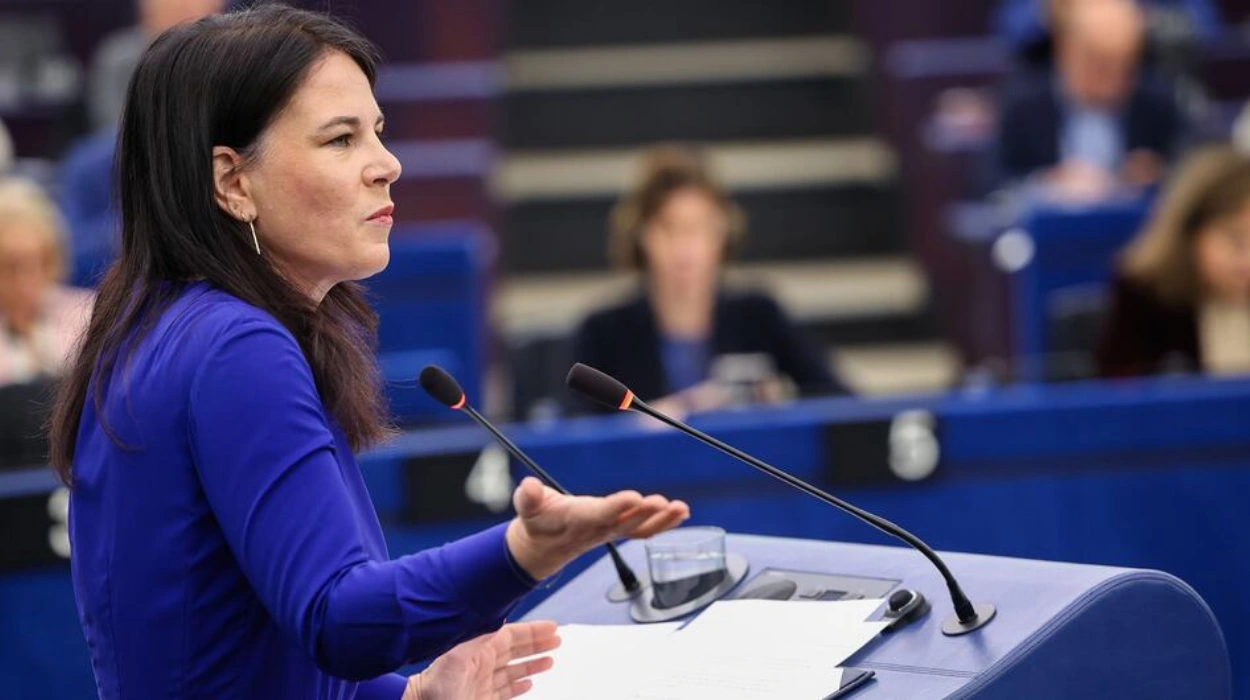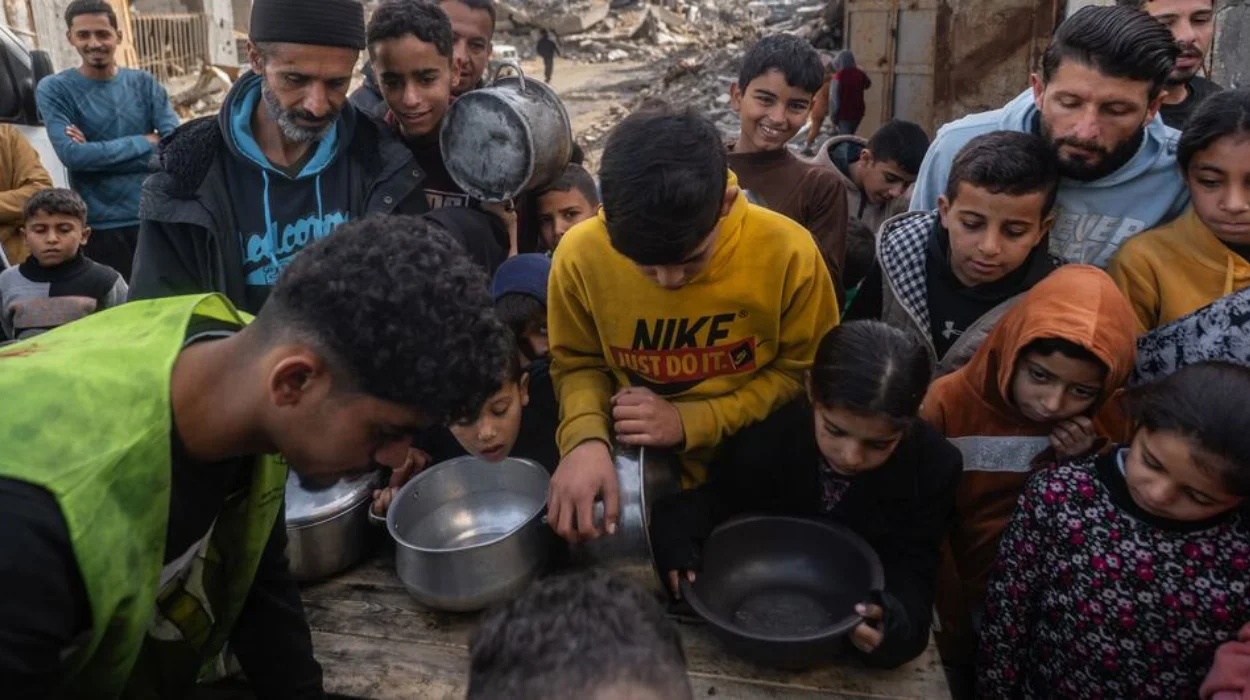Following the United Kingdom’s tenure, the United States assumed the rotating chairmanship of the UN Security Council for December as of Sunday. On Monday afternoon, New York time, U.S. Permanent Representative to the UN Ambassador Linda Thomas-Greenfield is expected to speak to the media. Following its confirmation in the morning session, credentialed media will be briefed on the Security Council’s agenda during this event. Ten elected non-permanent members with two-year terms and five permanent members with veto power Russia, China, France, the United Kingdom, and the United States comprise the Security Council, one of the six main UN organizations. These members include South Korea, Mozambique, Malta, Algeria, Japan, Guyana, Ecuador, Switzerland, Slovenia, and Sierra Leone. The other principal UN bodies are the Secretariat, the General Assembly, the International Court of Justice, the Trusteeship Council, and the Economic and Social Council.
The primary crisis-management body of the UN, the Security Council, has the authority to impose legally binding commitments to peacekeeping on the 193 UN member nations. The 10 elected and five permanent members of the Security Council convene regularly to discuss and evaluate risks to global security, including terrorism, arms proliferation, natural catastrophes, and civil conflicts. The Security Council’s structure hasn’t altered much since it was established in 1946, which has members debating whether adjustments are necessary. The Security Council’s capacity to address significant international crises and conflicts, such as the COVID-19 pandemic, Russia’s annexation of Crimea and subsequent invasion of Ukraine, and the conflict between Israel and the Palestinian militant organization Hamas, has frequently been hampered in recent years by the conflicting interests of its members.
US leads as president of UN Security Council
The P5 of the United States, China, France, Russia, and the United Kingdom are the five permanent members of the Security Council. A resolution may be vetoed by any one of them. There is no veto power granted to the 10 elected members of the Security Council, who are appointed to two-year nonconsecutive terms. The establishment of the United Nations following World War II is the origin of the P5’s special position. Together with the United Kingdom, the United States and the Union of Soviet Socialist Republics (USSR) dominated the war and helped to establish the postwar governmental system. US President Franklin D. Roosevelt pushed for the Republic of China (Taiwan) to be included in their plans for the future United Nations, imagining “four policemen” to oversee global security. British Prime Minister Winston Churchill supported France’s attempt to regain its great-power status because he regarded it as a European defense against possible German or Soviet assault.
To differing degrees, the P5 members have used their veto authority. Russia has used the veto the most, blocking 158 resolutions since the Security Council’s inception, including the years the Soviet Union had its seat. In contrast, the United States has exercised its veto power ninety-two times; the most recent instance was on April 18, 2024, when it rejected a resolution calling for Palestine to be granted full membership in the UN. With almost one-third of its negative votes since 1972 going to resolutions that were unfavorable of Israel, the United States has a history of using its veto authority to shield Israel from Security Council judgments. Though historically more restrained than the US or Russia, China has recently employed the veto more regularly; to far, Beijing has blocked 21 resolutions, and Moscow has joined in on more than three-quarters of those that China has vetoed. On the other hand, since 1989, neither France nor the UK have used their veto authority, and both have pushed for other P5 members to do so less frequently.
US begins term as UN Security Council president
To give its 10 non-permanent members, who are chosen by a two-thirds majority of the UN General Assembly, some influence over agenda-setting, the Security Council’s leadership alternates every month. The primary requirement for qualifying is “contribution to the maintenance of international peace and security,” which is frequently characterized by leadership on regional security issues that are likely to come before the Security Council or by financial or military contributions to peacekeeping missions. The regional groups used in elections since 1965 were created based on a secondary consideration known as “equitable geographical distribution.” The African Group holds three seats, followed by the Asia-Pacific Group with two, the Eastern European Group with one, the Latin American and Caribbean Group with two, and the Western European and Others Groups (WEOG) with two. Each has electoral standards of its own. By tacit agreement, one Arab seat alternates between the Asian and African blocs. WEOG has a caucus with Israel, which has never been on the Security Council, and Turkey.


